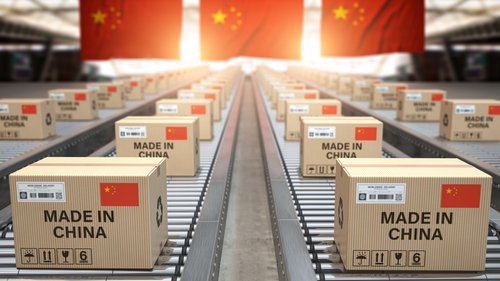Subsidization in China is pervasive at numerous levels of government and appears to be an inherent element of Chinese state capitalism. Despite a severe lack of transparency, the available information seems to suggest that the extent of Chinese subsidies is extraordinarily large.

China’s Market Distortions and the Impact of the Covid-19 Crisis

Subsidization in China is pervasive at numerous levels of government and appears to be an inherent element of Chinese state capitalism. Despite a severe lack of transparency, the available information seems to suggest that the extent of Chinese subsidies is extraordinarily large.
Moreover, the resulting overcapacities could lead to considerable and increasing distortions on the world market in certain sectors. An initial assessment of the potential effects of the Covid-19 crisis on China’s industrial policy model does not suggest a major change in subsidization policy. This constellation bodes ill for the future of the multilateral trading system. Until a few years ago, China was primarily a large and growing market and a low-cost production location for European firms. In the meantime, however, Chinese companies have become serious competitors. This is confirmed by various surveys of German and European firms (GTAI 2018; AHK 2019; European Chamber 2019). If the increasing competitive pressures from China were to be based on fair conditions, it would primarily be the task of European companies and economic policymakers to meet this challenge.
In fact, to some extent China derives normal competitive edges from cost advantages and economies of scale as well as from investing heavily in education and research. But beyond this, the Chinese state also employs problematic measures that seriously distort competition: subsidies, forced technology transfer, and unequal market access conditions. In particular, the Chinese government provides extensive direct and indirect subsidies for industrial policy purposes. However, the related empirical evidence is scarce because the state-capitalist system is complex and intransparent. Against this background, this article provides an overview of several available relevant studies that
shed light on subsidy-induced competitive distortions by China.
More on the topic

Competitive pressure from China for German companies
A firm survey conducted in March/April 2024 as part of the IW-Zukunftspanel among around 900 German companies from the manufacturing and industrial services sectors shows that around 350 of the companies surveyed have Chinese competitors in their markets.
IW
Strategic autonomy and economic security achieve efficiently
In this study an analytical scheme is developed to operationalise the objective of strategic autonomy in a cost-effective way.
IW